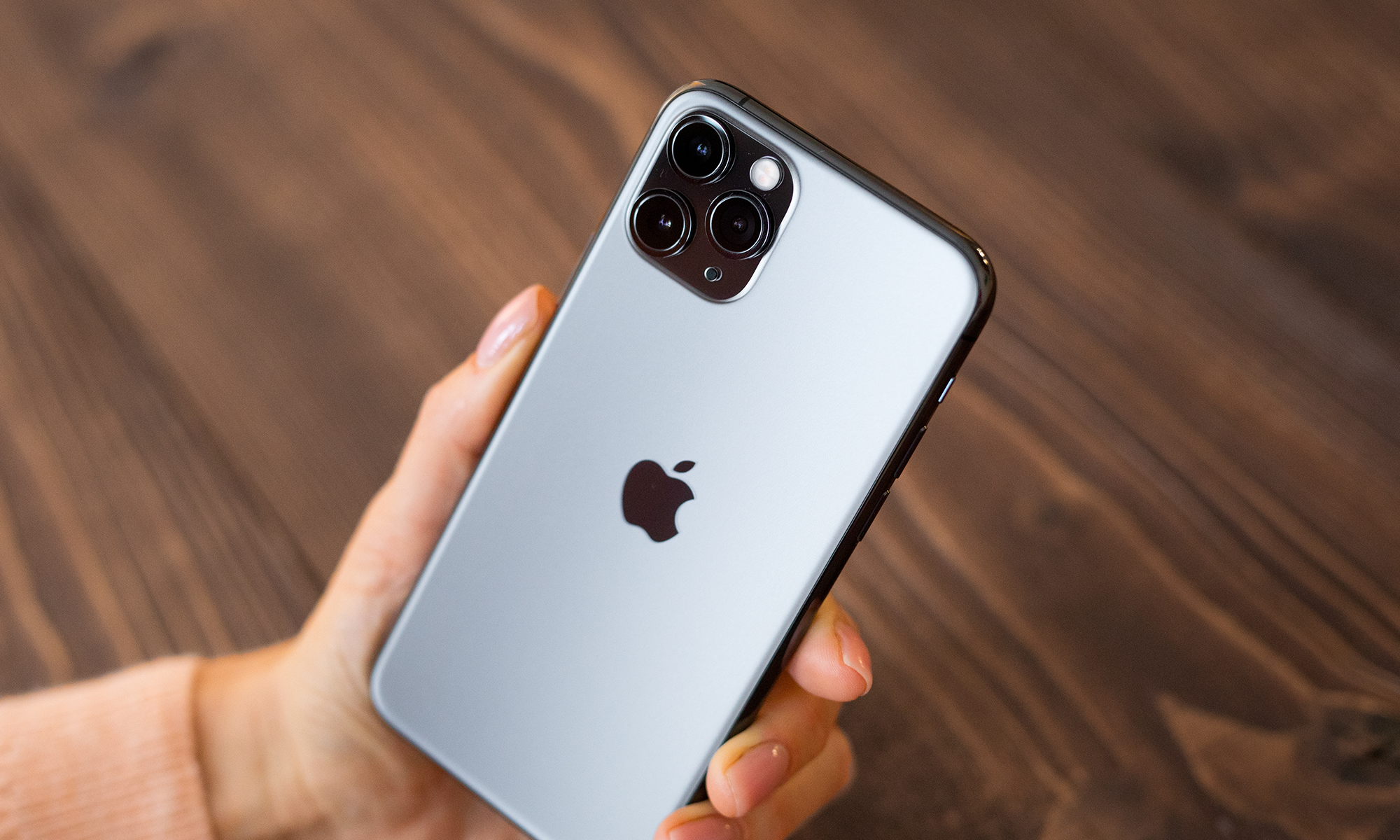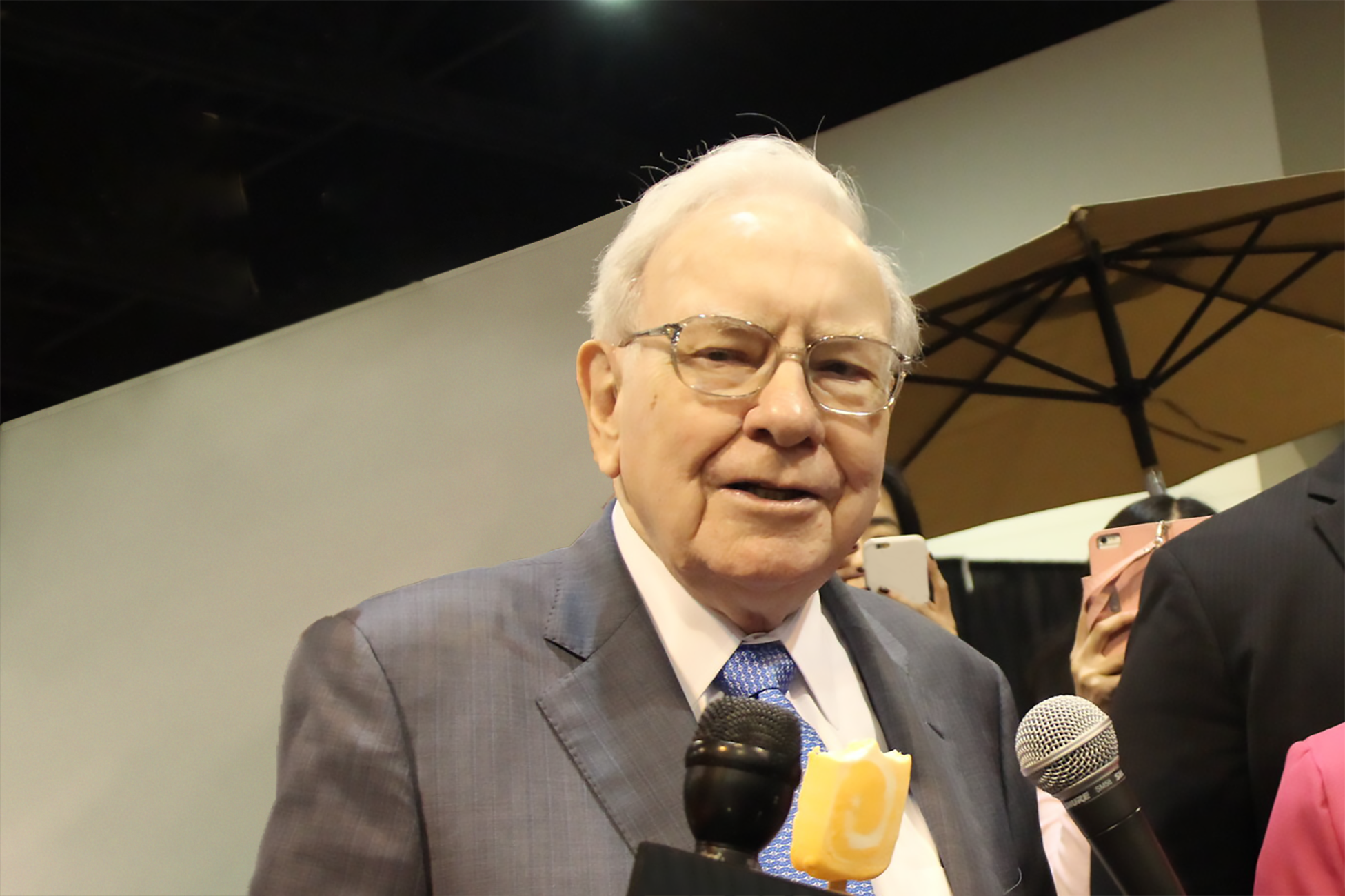Per The Korea Herald (via MacRumors), Apple (AAPL +2.97%) is "in talks with LG Display (LPL 0.45%) to invest about 2 trillion to 3 trillion won ($1.75 billion to $2.62 billion) into the Korean display maker's new OLED production lines exclusively dedicated to Apple orders."
The report goes on to say, citing "news reports on June 3," that Apple and LG Display have "tentatively agreed on the investment plans, even though details, including investment timing and size, have not yet been finalized."

Image source: Apple.
Apparently, Apple's investment in the OLED manufacturing plant is "expected to help LG Display reduce risks from the lower margin," the report says, citing an industry source.
Let's take a closer look at what this could mean for LG Display and Apple.
Apple gets supply; LG Display gets a major customer
Apple is expected to use OLED displays on the premium iPhone model that's expected to launch in the coming year. However, the company is also expected to launch two iPhone models at roughly the same price points that the iPhone 7 and iPhone 7 Plus currently occupy, utilizing liquid crystal display (LCD) technology.
It's highly likely that Apple wants to bring OLED displays to all its iPhones (as well as iPads) as quickly as practicable. To make that vision a reality, the company needs to be sure that the manufacturing capacity will be there.
By investing in LG Display's upcoming OLED manufacturing plants -- plants, the report says, will be "exclusively dedicated to Apple orders" -- Apple could potentially ensure such supply.
This also seems like a good arrangement from LG's perspective. Recall from above how one source reportedly told The Korea Herald that Apple investing in the manufacturing plants would "help LG Display reduce risks from the lower margin"?
Well, here's why an investment from Apple would reduce that risk.
Offsetting the capital risk
Displays, such as the OLED displays that Apple wants for its future iPhone models, are built in manufacturing facilities that are expensive to set up, primarily because the specialized equipment used to build those displays is extremely expensive.
When a manufacturer sets up manufacturing capacity, that capacity requires a high initial investment in capital equipment. The money for that equipment is spent upfront, but from a profit/loss perspective, that equipment is generally depreciated over some pre-defined period.
That depreciation often manifests itself in a company's cost-of-goods sold, meaning it's a critical factor in a company's gross profit margin.
Now, since that depreciation is usually fixed, the more revenue a company can generate using that capital equipment in each period, the higher the company's gross profit margin -- and, thus, overall profit margins -- will be.
Now, let's tie this all back to LG Display. If LG Display were to set up this OLED manufacturing capacity (again, capacity that's expected to be dedicated to Apple's orders), then it would take on quite a substantial set of risks.
As the report alluded to, Apple buys a lot of displays and, as such, commands significant pricing power. So, in a hypothetical best-case scenario, LG Display likely isn't going to be raking in fat gross profit margins per display unit sold to Apple.
Now, consider a situation in which Apple, perhaps, doesn't buy as many OLED screens from LG Display as originally forecasted. What this could mean, then, is that LG Display won't be running its Apple-dedicated manufacturing plants at full capacity.
The depreciation expense that I mentioned above doesn't change based on utilization; that equipment has been bought and paid for, and it will contribute its share of cost of goods sold irrespective of how many displays are ultimately sold.
A combination of fixed depreciation and lower-than-expected revenue could severely reduce LG Display's profitability in this case.
If Apple "invests" in this manufacturing capacity, that reduces the amount of capital that LG Display risks up front (though it's not clear the extent of which LG Display's overall risk is reduced because the terms of this arrangement -- should it ultimately happen -- aren't publicly known yet).







